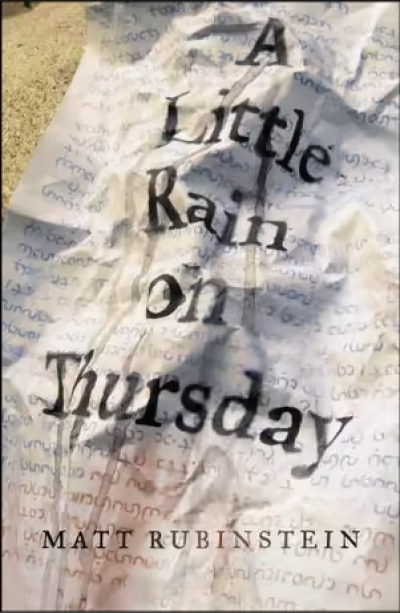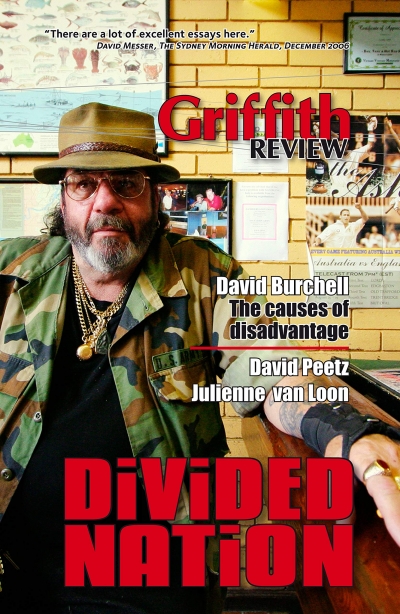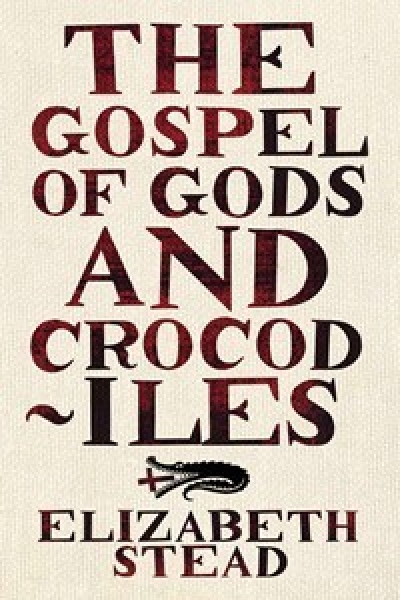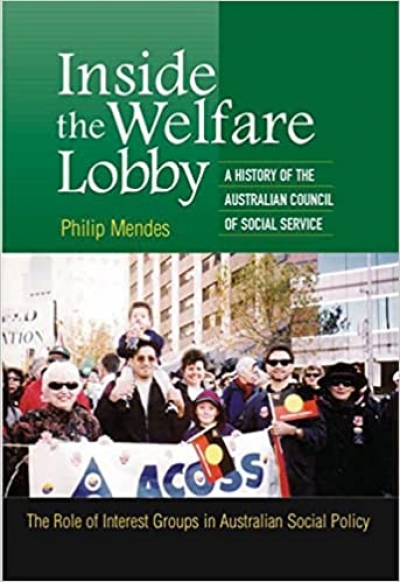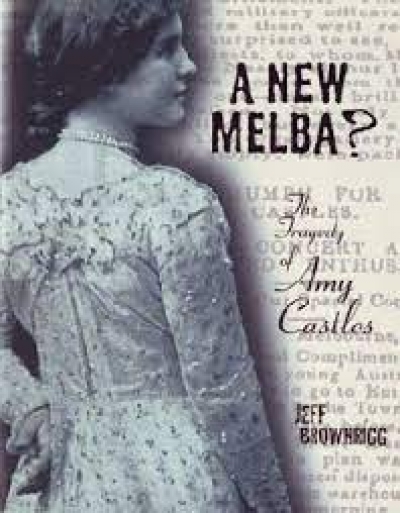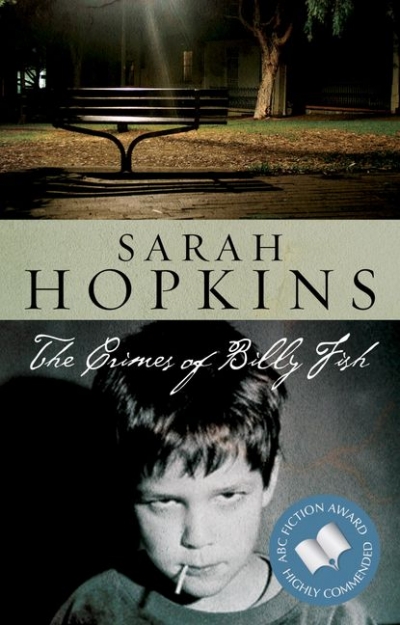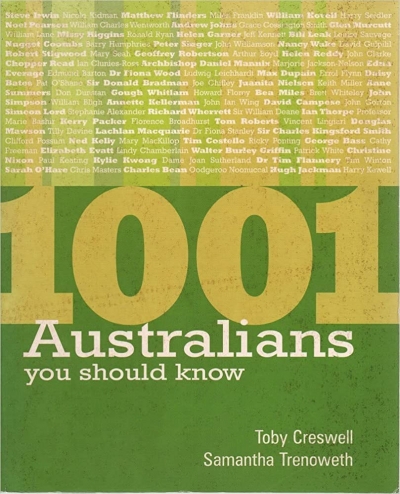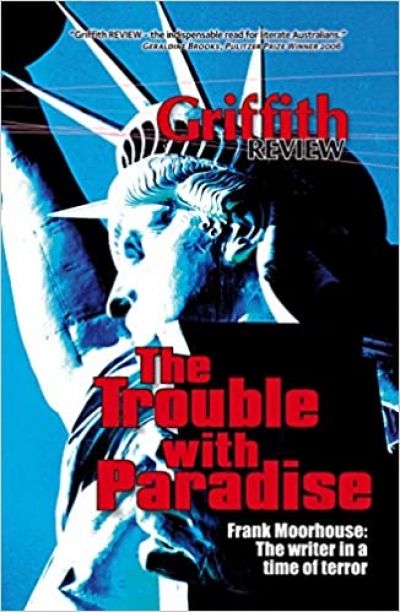Archive
Griffith Review 15: Divided Nation edited by Julianne Schultz
Inside the Welfare Lobby: A history of the Australian Council of Social Service by Philip Mendes
Last year, the Tamworth Regional Council voted not to accept five Sudanese refugee families into their township. The decision was reversed in January 2007, albeit with qualifications and overtly racist reactions from some locals. In our post-Tampa society, such seemingly xenophobic reactions have become frighteningly normal, especially at the government level. We will ultimately be a much poorer country if such attitudes become entrenched. Luckily, a number of Australian children’s authors and illustrators have been doing their best to ensure that this does not happen, and some of them are examined here. Author–illustrator Bob Graham prefaces his picture book Jethro Byrde Fairy Child (2002) with an apt quote from The Bible: ‘Let Brotherly Love Continue. Be not forgetful to entertain strangers: For thereby some have entertained angels unawares’ (Hebrew 13: 1, 2). Jethro Byrde is a beguiling tale in which a small child treats strangers with kindness, and thus brings wonder into her own life.
... (read more)1001 Australians You Should Know edited by Toby Creswell and Samantha Trenoweth
Griffith Review 14: The trouble with paradise edited by Julianne Schultz
One of the pleasures of sitting down to read a number of Young Adult books in quick succession is that of being catapulted into a world of such passionate intensity: a world of strong colours and energy, where boundary testing, self-consciousness and questioning are the norm; in which a character’s search for personal integrity often puts him or her at odds with a community seeking conformity, and all this struggle played out against the richness and stresses of family life. Quite heady stuff. It can also be illuminating, as much for the adult reader as for the young. Maybe warring parents and their children should be persuaded to read and discuss some of these books. The experience could be enjoyable and eye-opening for both parties.
... (read more)
